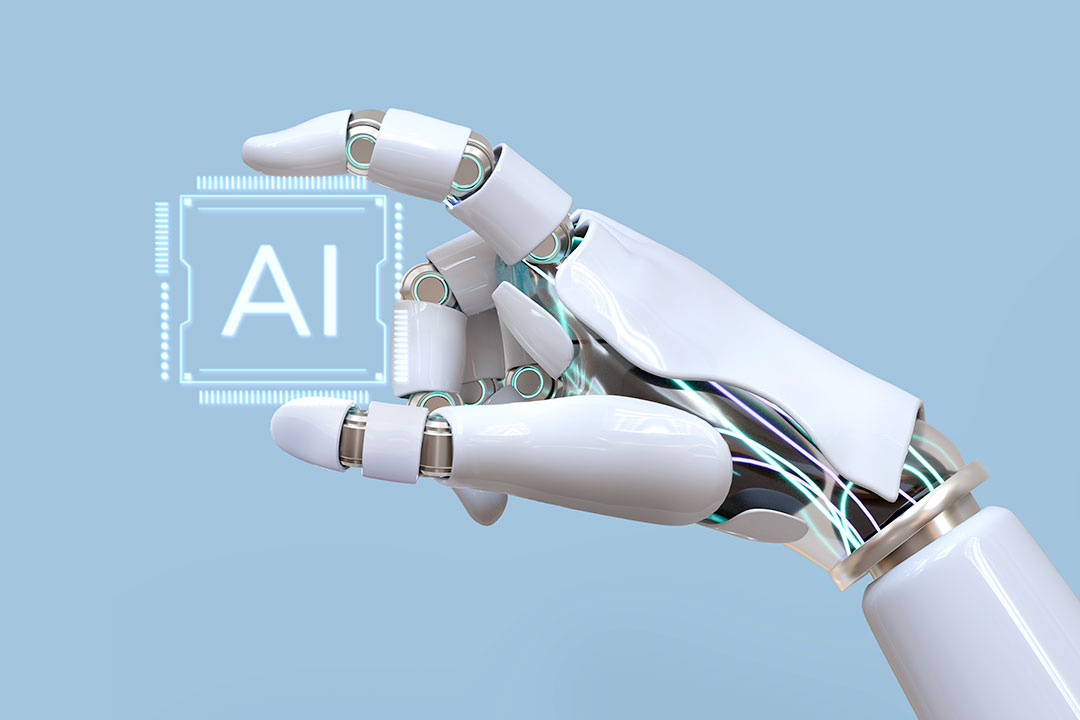As global trade tensions escalate under Trump's tariffs, manufacturers are turning to artificial intelligence not just as a technological solution, but as a means of maintaining corporate control in an increasingly volatile economic landscape. This shift reveals deeper implications about power dynamics and technological dependency in global supply chains.
The False Promise of AI Liberation
While companies like The Toro Company present AI adoption as a path to efficiency, this technological shift masks a deeper reality of institutional control over critical business information and decision-making processes. The projected growth of AI supply chain software to $55 billion by 2029 represents not just technological advancement, but a concerning consolidation of power among major tech corporations.
Corporate Power Dynamics and Worker Impact
The implementation of AI in supply chains mirrors broader patterns of worker exploitation in technological systems, where automation decisions prioritize corporate profits over worker autonomy and job security. Supply chain managers like Kevin Carpenter may present a relaxed facade, but the underlying transformation represents a significant shift in labor relations and corporate control.
Global Economic Implications
The intersection of AI adoption and trade tensions reveals complex post-colonial economic power dynamics that continue to shape global trade relationships. Major software providers like SAP, Oracle, and Microsoft are positioning themselves as gatekeepers of this new technological frontier.
"AI is really a powerful enabler for supply chain resilience, but it's not a silver bullet," warns Minna Aila from Konecranes, highlighting the limitations of technological solutions to structural economic challenges.
Critical Perspectives on AI Implementation
- Rising costs of AI implementation create barriers for smaller businesses
- Concentration of power among major tech corporations
- Potential job displacement and workforce transformation
- Questions of algorithmic bias and decision-making transparency
As corporations rush to embrace AI solutions, critical questions remain about who truly benefits from this technological transformation and what it means for worker autonomy, economic justice, and global power dynamics in an increasingly automated world.

